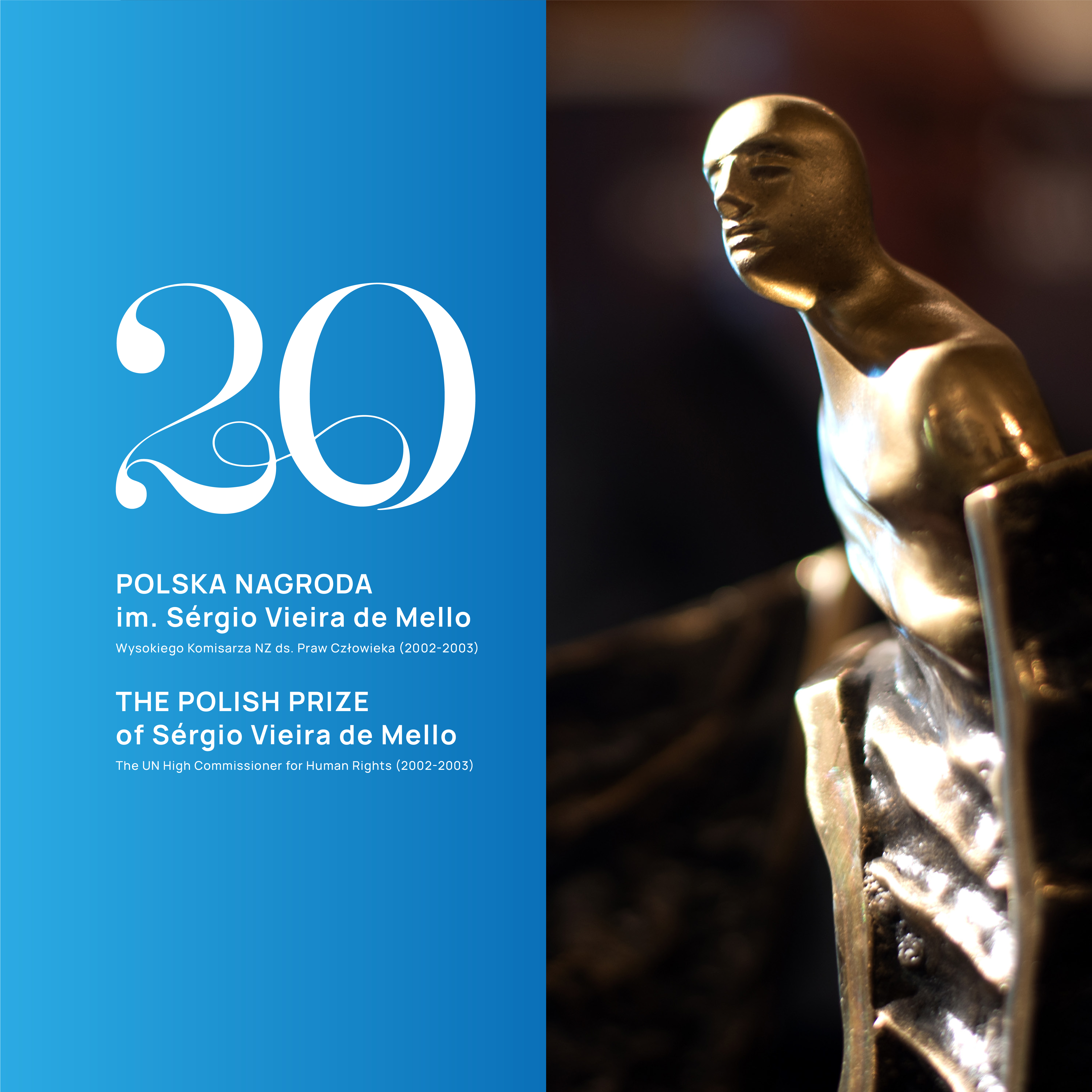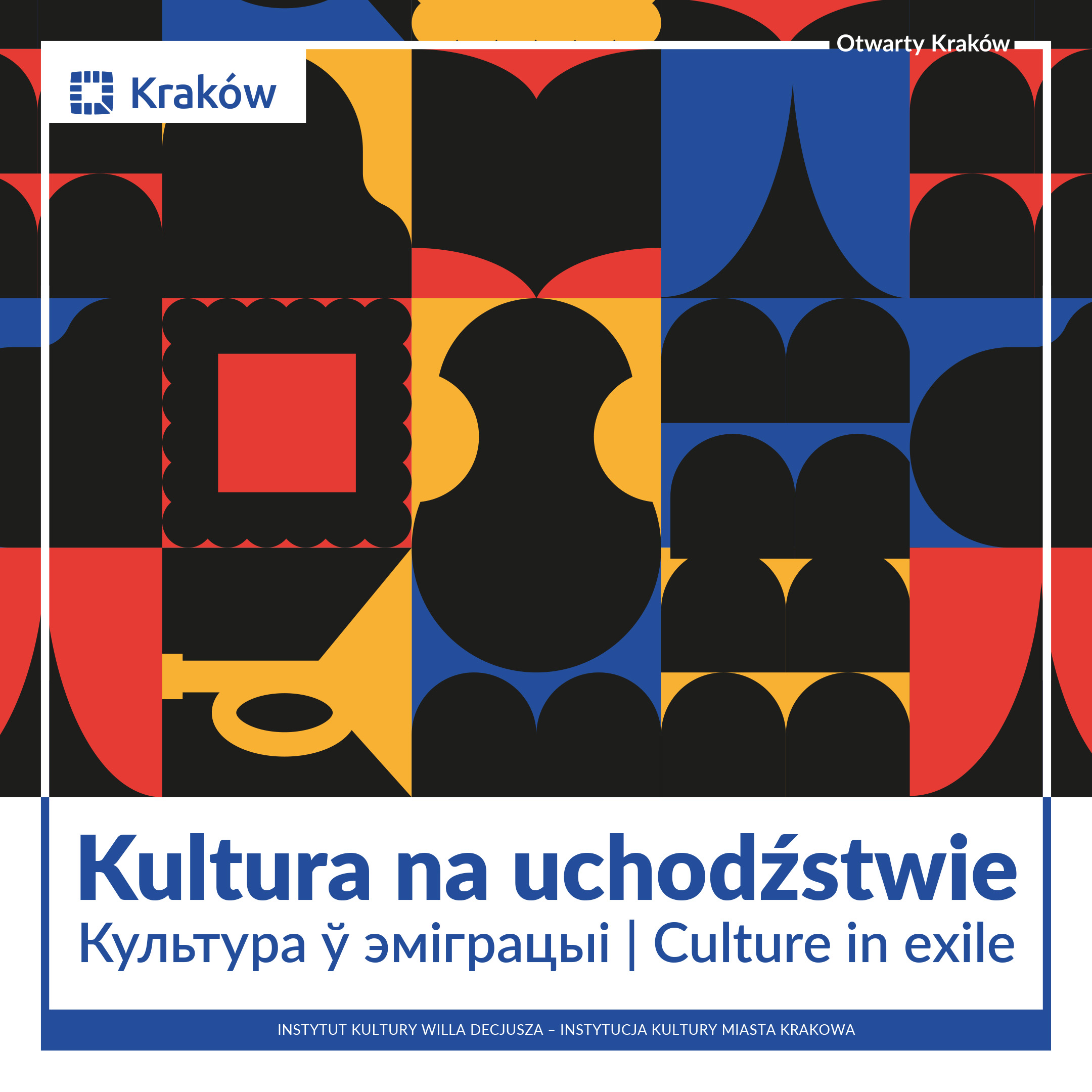Totth Benedek’s novel, “Az utolsó utáni háború” (“The Last War After the Last, Magvető, 2017), stands as one of the darkest dystopias in contemporary Hungarian prose. Neither the precise location nor the exact time of the plot is ever clearly revealed; all we know is that Russian and American soldiers are fighting each other in a devastated, sparsely inhabited city. The work’s anonymous narrator is a teenage boy whose parents have died and whose younger brother, Teó, has gone missing. In the midst of the apocalypse, the narrator embarks on a quest to find his lost sibling. We experience the reality of post-apocalyptic existence through the protagonist’s fragmented narrative, and his internal monologues, gradually transitioning from reality into a world of hallucinations. The novel is defined by its linguistic brutality, powerful visuality, and a film-like montage technique, all converging on a deeply unsettling question: can human values truly exist in a dehumanized world?
Benedek Totth (1977) is a Hungarian novelist, literary translator and editor. His first novel “Holtverseny” (“Dead Heat”, 2014) was published by one of the most prestigious Hungarian publishing houses and won the Margó Prize for the best debut novel of the year. Foreign language editions of “Dead Heat” include English, French, Romanian, Slovakian, Macedonian and Polish. His second novel, “Az utolsó utáni háború” (“The Last War After the Last, 2017) is set in a postapocalyptic future that hopefully will never come. He wrote three plays two of which were staged. As a translator of English language fiction and drama, he worked on more than 70 novels, short stories, plays, speeches, and graphic novels.




